The cowboy is an enduring symbol of rugged American individualism, part of the mythology of the nation. The symbol came into being over a relatively short period of time, between the late 1860s and the late 1880s, when cattlemen in south Texas sent herds of longhorns on epic trail drives north to Kansas.
But why Kansas? Why Dodge City, Abilene and Wichita, towns whose names still resonate in the frontier legends of America? Because these were all early stops on the Transcontinental Railroad as it pushed its way west from St. Louis.
The Transcontinental Railroad was a an enterprise conceived and organized by the people’s elected representatives in Washington, Abraham Lincoln among them.
It was subsidized, through land grants and guaranteed loans, by the American nation collectively. The people also, again acting collectively, sent regiments of the U. S. Army west to guard the construction of the road from hostile Indians in its path, protecting their investment.
It takes nothing away from the entrepreneurial daring of the Texas cattlemen, or from the grit and gumption of their trail drivers, to recognize that all of that would have had no raison d’etre without the collective national determination to build the Transcontinental Railroad, with its ability to ship cattle that were all but worthless in south Texas back east, where they were worth a very great deal.
Rand Paul’s notion that entrepreneurial initiatives by rugged individualists brought the rail lines and highways of America into being is a lunatic delusion. We the people, working together, built those lines and highways and the entrepreneurs followed in their paths.

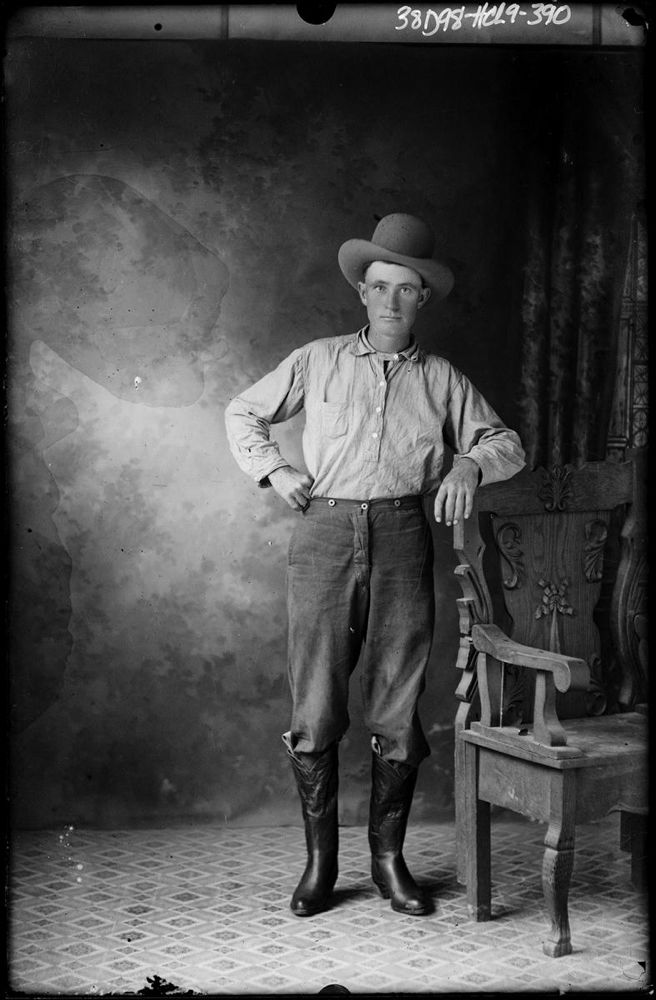
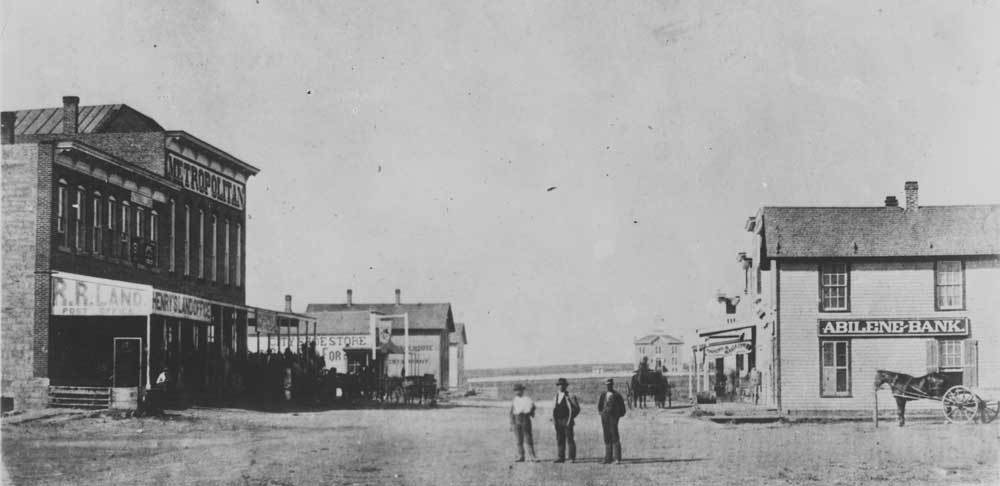
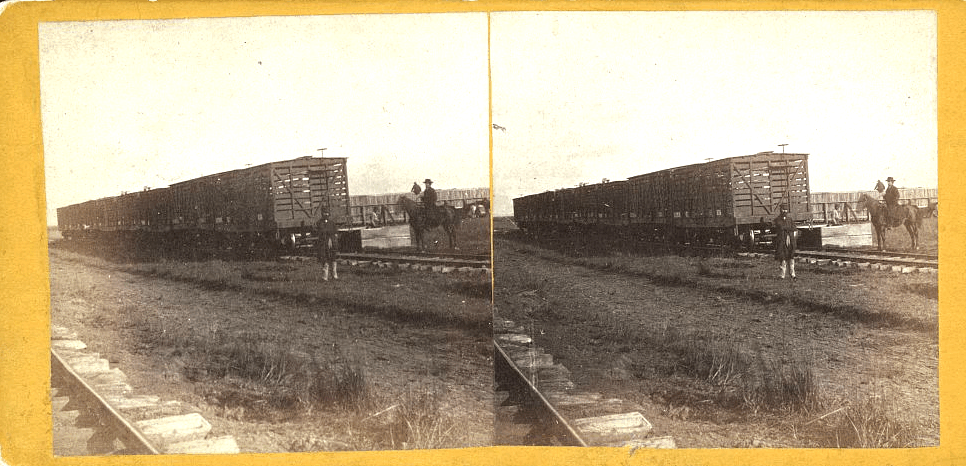
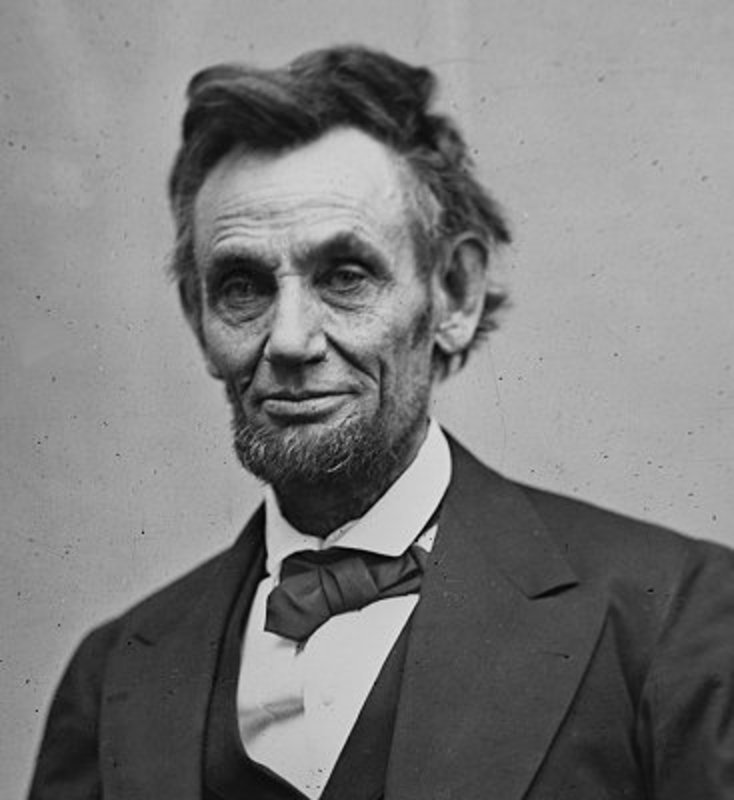
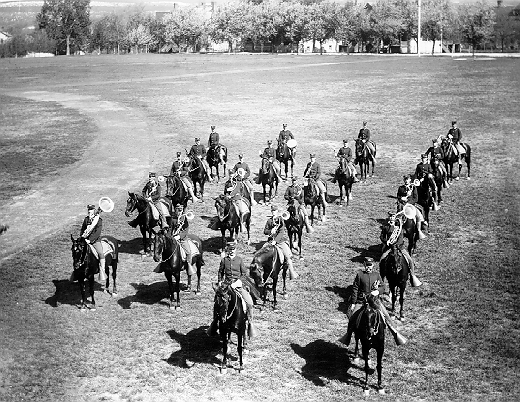

We the people, working together, screwed the red savages out of their homeland, and damn near slaughtered the buffalo into extinction in order to protect our railroad, which was designed to and did make a few bastards very rich, and open the West to a herd of land hungry white farmers and ranchers. Greed and racist arrogance, be it individualist or collectivist, seems to me to amount to the same damn thing.
There was a lot of corruption involved in the building of the Transcontinental Railroad, and it did make a lot of unscrupulous crooks very rich, but it, and other public projects like it, made the whole nation richer, across the economic spectrum. The tragedy of the Indians was set in motion long before, however, and it’s hard for me to imagine how it could have been averted, short of all Europeans going back to Europe. It could have been handled with a lot more honor and humanity, and the fact that it wasn’t remains a national disgrace.
I doubt that the Plains Indians felt that they were better off due to various “public works projects”, since their entire lifestyle was made impossible. The trans-c railroad directly led to the near extinction of the buffalo when the railroads paid for them to be deliberately hunted to near extinction so that the herds would not interfere with the trains. These same arguments are being used by the Israelis to support the “economic miracle” of the modern state of Israel and the confinement of the Palestinians in their own “reservations”. All’s well that ends well for the victors. Of course, we do feel sorry for the losers, but only after we have clearly established victory “on the ground” and justified it as “inevitable”.
I do think that the European settlement of North America was inevitable. What wasn’t inevitable was the shameful, dishonorable and inhumane treatment of the native peoples by the settlers. These are two different issues to me.